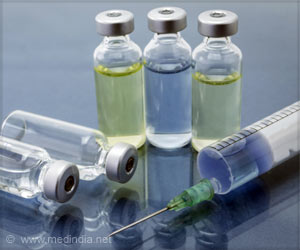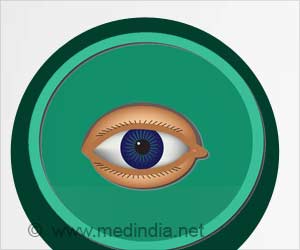Heavy alcohol drinking during the late teenage years and early adult years could result in a slight decrease in brain growth, finds a new study.

"Chronic alcohol self-intoxication reduced the growth rate of the brain, cerebral white matter, and subcortical thalamus," the researchers write.
Researchers measured brain growth through magnetic resonance imaging of 71 rhesus macaques that voluntarily consumed ethanol or beverage alcohol. Scientists precisely measured intake, diet, daily schedules, and health care, thus ruling out other factors that tend to confound results in observational studies involving people. The findings in the study helps validate previous research examining the effect of alcohol use on brain development in people.
"Human studies are based on self-reporting of underage drinkers," said co-author Christopher Kroenke, Ph.D., an associate professor in the Division of Neuroscience at the primate center. "Our measures pinpoint alcohol drinking with the impaired brain growth."
The new study is the first to characterize normal brain growth of 1 milliliter per 1.87 years in rhesus macaques in late adolescence and early adulthood. And it further reveals a decrease in the volume of distinct brain areas due to voluntary consumption of ethanol.
Lead author Tatiana Shnitko, Ph.D., a research assistant professor in the Division of Neuroscience at the primate center, said previous research has shown the brain has a capacity to recover at least in part following the cessation of alcohol intake. However, it's not clear whether there would be long-term effects on mental functions as the adolescent and young adult brain ends its growth phase. The next stage of research will explore that question.
Advertisement
Source-Eurekalert















